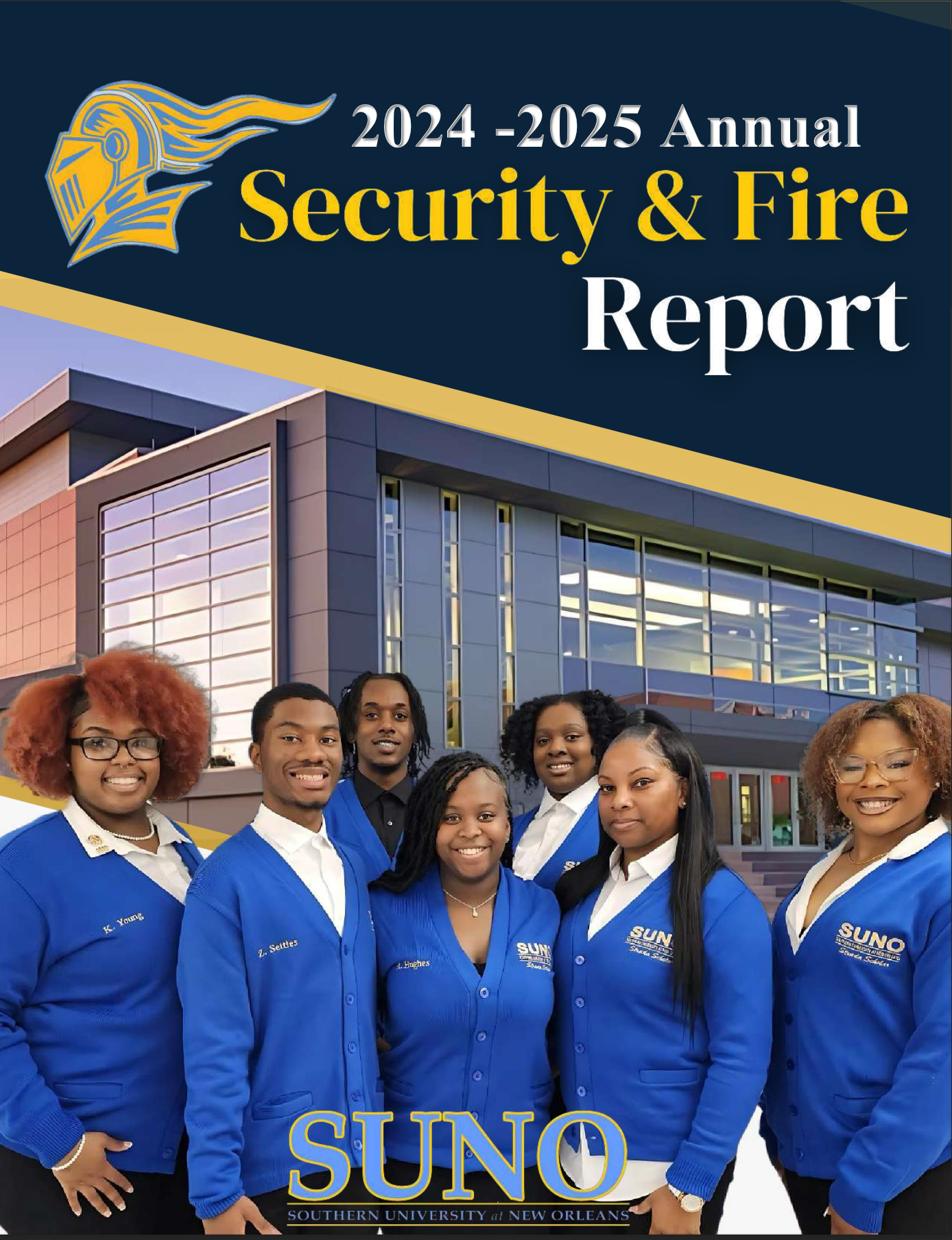Clery Act | What Is It?

The Clery Act: What is it? And Why is it important?
The Jeanne Clery Disclosure of Campus Security Policy and Campus Crime Statistics Act, or the Clery Act, is a federal law that requires higher education institutions to disclose information about certain crimes that occur on campus, fires that occur in certain residence halls, and report on policies, procedures, and programs relating to criminal and fire safety. The Clery Act was named after Jeanne Clery, a student at Lehigh University, who was raped and murdered in her residence hall room in 1986. Her parents advocated for and lobbied Congress to pass The Clery Act, and it was passed in 1990.
How Do We Maintain Clery Compliance?
The Clery Act requires institutions to:
- Collect, classify, and count crime reports and crime statistics,
- Issue campus alerts that provide the campus community with the information necessary to make informed decisions about their health and safety,
- Provide educational programs and campaigns that promote awareness of dating violence, domestic violence, sexual assault, and stalking,
- Have procedures for institutional disciplinary action in cases of dating violence, domestic violence, sexual assault, and stalking,
- Publish an Annual Security Report for each campus,
- Submit crime statistics to the Department of Education,
- Keep a Daily Crime Log,
- Disclose missing student notification procedures,
- And disclose fire safety information and fire statistics (for campuses that have on-campus residence halls).
Southern University at New Orleans tasked SUNOPD to ensure global compliance with the Clery Act. SUNOPD reviews incident databases from our partners in the Office of Title IX, Residential Life, and the Office of Student Conduct, to ensure that SUNO’s daily crime logs accurately report all alleged crimes that have occurred within our various Clery-defined campuses.
Timely Warning Notifications, called Clery Campus Notices at SUNO, are sent via email when certain types of incidents occur within SUNO’s Clery-defined geography and pose a continuous threat to the campus community. These notices include what happened and where, a description of the reported offender, if available, and safety tips to help improve our community’s preparedness.
Emergency Notifications, known as SUNO Alerts, are used to provide immediate notification to community members about an ongoing emergency or serious situation—such as an active threat or a severe weather-related emergency—and provide practical guidance on the event’s impact and response.
SUNO’s Annual Security Reports detail all of SUNO’s policies related to campus security and fire safety, as well as provide crime statistics for all of SUNO’s campuses. Released every October 1, this report also includes institutional policies concerning campus security, such as sexual assault, alcohol, and other drugs.
Clery as a Department and University-wide Effort
Maintaining compliance with the Clery Act requires collaboration across SUNO.
SUNO community members who have responsibilities for the safety and care of students outside the classroom are considered Campus Security Authorities (CSAs) by The Clery Act. CSAs have federally mandated responsibilities to report crimes that are reported to them and are trained as such by SUNOPD. SUNOPD is happy to provide CSA training to any individual or department.
In addition, a wide range of team members from throughout the campus participate in the creation of the Annual Security Report, with functions including incident reviews, data analysis, project tracking, communications, outreach, editing, and more.
SUNOPD facilitates the updating and publishing of the report, working with many professionals on campus, including the Office of General Counsel, the Office of Title IX, the Student Health Center, and the Office of Student Affairs, including the Office of Student Conduct and Residential Life. The Department also works with Athletics, all SUNO Schools, to ensure that our Clery reportable geography is current.
SUNOPD also meets regularly with local precincts to discuss safety in the area and the crime statistics included in this report.
For questions about Clery Compliance, please email clerycompliance@suno.edu.
Resources for CSAs
Campus Security Authorities (CSA) | Home
SUNO Clery Act-Designated Geography
Campus Security Authority (CSA) Reporting Form
Campus Security Authority (CSA) Training
Campus Security Authority (CSA) Training Quiz
Clery Act Reporting Reference Guide
More Information





